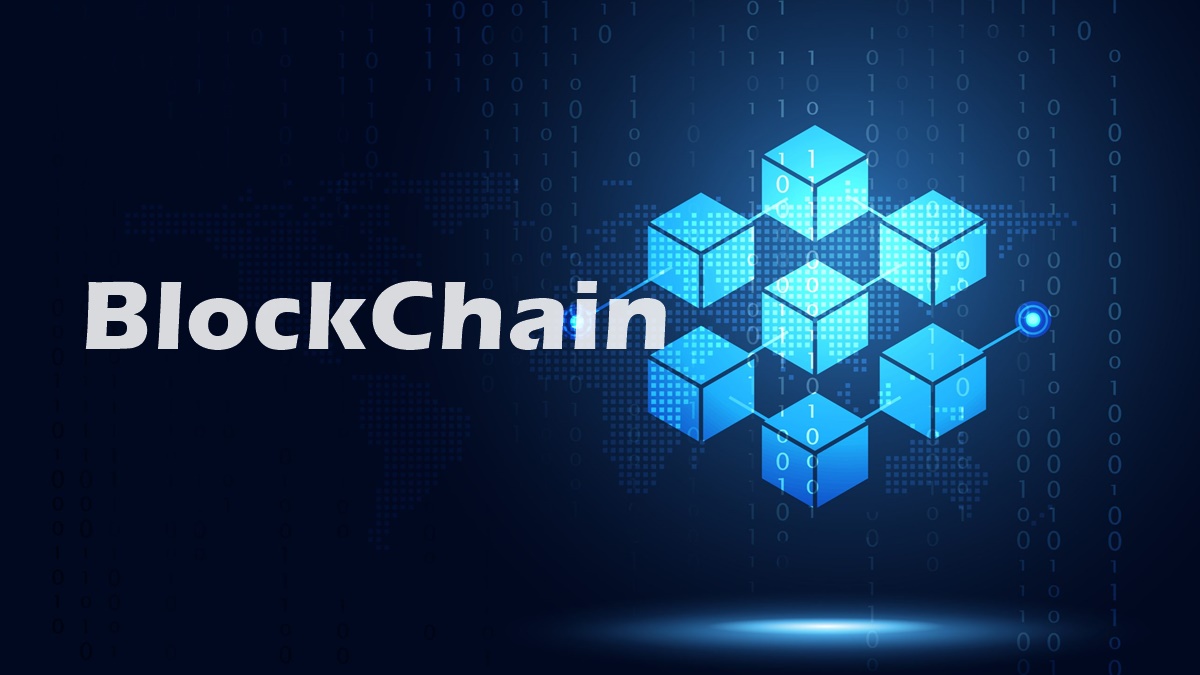Nobody doubts, at this point, that the impact of the blockchain on our lives will be as significant as the one that represented the appearance of the Internet. Neither that the Internet, as we know it, will change completely as large technology companies begin to use blockchain technology as the main tool in their product development. Industries such as music and leisure and entertainment, distribution, travel, banking, telecommunications, and electoral systems, just to mention a few examples, will be changed completely as the blockchain is introduced in them.
Blockchain is a technology whose operation is based on a large database to which thousands of computers are connected around the world, which allows exchanging truthful, transparent, and reliable information.
The first four decades of the Internet have provided us, among other advances, with electronic mail, the world wide web, social networks, and cloud storage. All this has reduced the costs of researching, collaborating, and exchanging information and has caused the appearance of new means of communication and entertainment. But the internet has serious limitations for economic activity, as we still cannot reliably establish the identity of the other party or rely on it to exchange money without the endorsement of a third party, who also stores our data for profit or security.
With blockchain, we can send money directly and safely to another person without the intermediation of a bank, a credit card, or PayPal. You can use crypto arbitrage trading tools developed on blockchain to improve the trading industry. In addition, our user information remains private and secure and the entire transaction is transparent and incorruptible. It is not necessary to trust another party because trust is intrinsic to the system. Although bitcoin and other cryptocurrencies are one of its best-known existing applications, this technology opens up a new world of possibilities since it can host any type of legal document, from birth certificates and death, deeds and clinical records up to votes, the origin of food and anything that can be codified.
Everything is blockchain. Or at least, everything will be. Blockchain is one of the software development trends nowadays. Moreover, it can be perfectly coupled with other ‘trendy’ technologies, such as Artificial Intelligence and the Internet of Things. It is relatively easy to reach that conclusion from a simple review of the news: over the past few months, without going any further, we can find mentions on the fundamental and crucial role of this technology in power generation companies, in the redefinition of the music industry, in the safety of the food preservation chain in distribution, in the future of the insurance industry, in the real estate sector, in the elimination of corruption and, of course, in banking, among many others. Blockchain has become the technology of infinite uses, the element to be incorporated into all processes, and the foundation upon which all our future will be built. No matter what you do, your level of responsibility, or the company you work for: one way or another, you can be sure that many of the elements you will handle in your relationship with the world will be built on the basis of the blockchain technology.
For a technology conceptualized in 2008 for the first time and originally linked to an application as difficult to grasp as a digital cryptocurrency, the level of attention and relevance is completely unusual. In a certain sense, the most complex task that blockchain as a technology has had to overcome is to be able to get rid of the complicated inheritance that links it to bitcoin and see how it was quickly adopted for applications of all kinds.
Blockchain is a change perfectly comparable to the appearance of the personal computer, or the development and popularization of the internet. It is, possibly, one of the most important and fundamental changes that we will see in our lives, with the potential to change everything. One of those changes that give innumerable advantages to those able to understand it, to get to the idea of its Implications.
In a very short time, blockchain has gone from receiving the label of disruptive, to be considered the fundamental seed for a new, more secure Internet, to be able to create the largest supercomputer ever built in history, or directly, to change the world as we know it. In the not too distant future, we will use decentralized and blockchain-based databases for lots of issues. The centrality of blockchain in the transactional world is going to be absolute, to the point that we will not be able to consider how imperfect, insecure and uncomfortable our life was before this technology saw the light. In fact, it would not be surprising that, as this central role is consolidated with greater clarity, the development of blockchain as a technology has become one of the great recognitions that identify the truly important elements that change the world.


